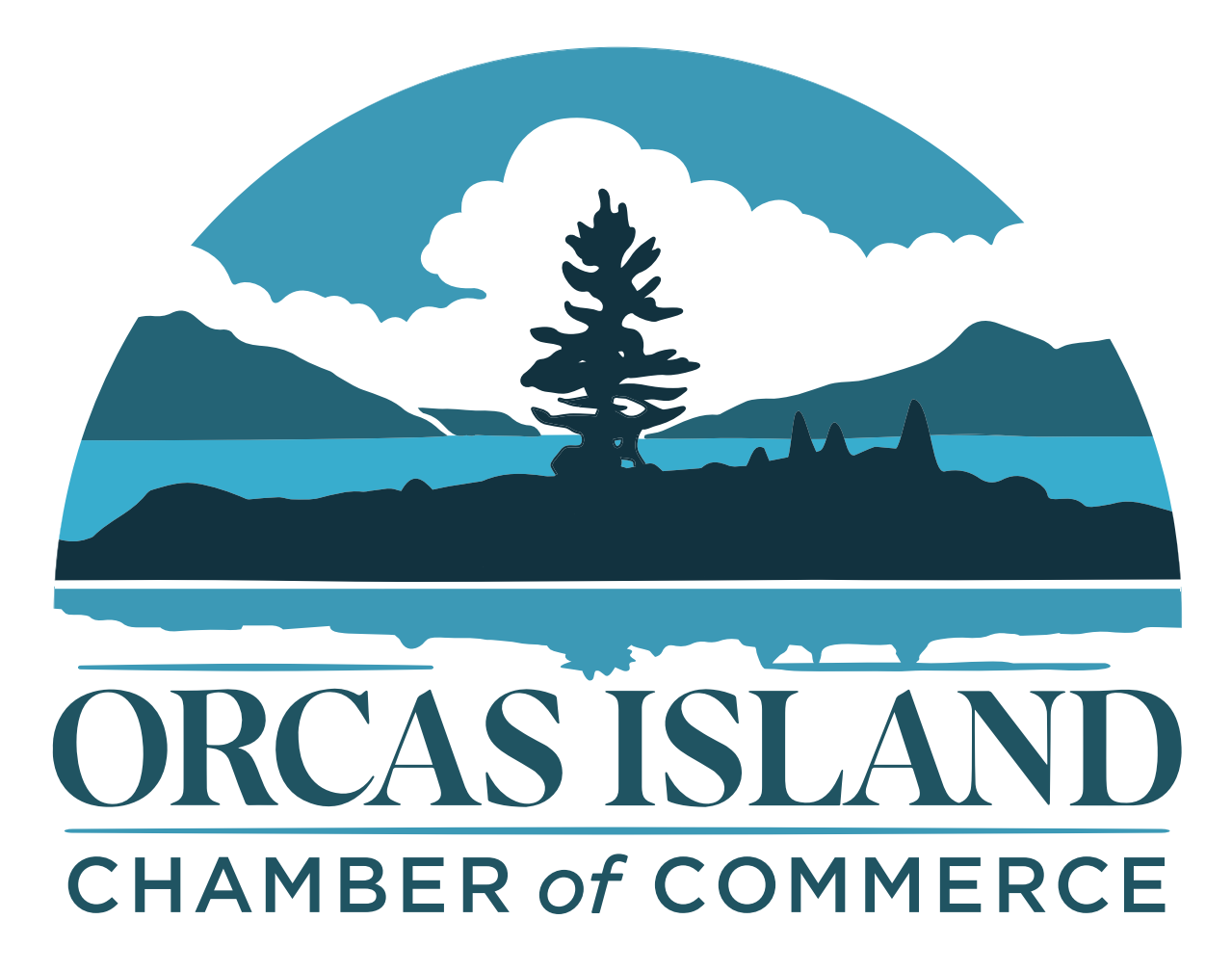The San Juan Islands: A Traveling Epicure's Delight
Fresh island-grown food is abundant and delicious, and local food classes are a great way to immerse yourself in the local food culture. Wellness consultant Regina Zwilling writes about learning how t

The San Juan Islands are an archipelago of verdant gems nestled in a corner of the Pacific NW. Our temperate climate allows a wide variety of fruits and vegetables to grow here, and our farmers take great pride in growing everything from spicy radishes and arugula to bright green cabbage, fat onions, juicy apples, crisp carrots, sweet corn, tomatoes, peas, strawberries, dozens of herbs, wild-foraged greens, broccoli, kale, squash, chard and more! Whew!
And to round out your meal, you can choose from an impressive selection of locally-raised, grass-fed and pastured lamb, beef, chicken and eggs, as well as goat and cow dairy products. These tasty morsels can be found at farmers' markets on all three islands, as well as at grocery stores and specialty food stores, including the Orcas Food Co-op, where I teach classes on fermentation, wellness and other food-related subjects.

Locally grown produce is fresher (and therefore better tasting) than its counterparts grown in far away places that often have to be shipped hundreds or even thousands of miles. Long transportation can often lead to lower nutrients due to the amount of time the produce has to sit around in warehouses and shipping trucks. But as with all good things, even our lovely and delicious produce has to end at some point. And that is where the magic of fermentation comes in handy. Lacto-fermentation is the perfect way to preserve the vibrant but fleeting abundance of the San Juan’s growing season.

Eating fermented vegetables such as sauerkraut and kimchi can be one of the best things you can do for your health—especially when you are traveling. 80% of our immune system is regulated in our gut, and fermented vegetables are one of the best ways keep our gut healthy.
Additionally:
- Fermentation is a traditional means of preserving foods. Before there was refrigeration and chemicals to do the preserving for us, salt was used. The salt creates an environment for beneficial bacteria to proliferate while harmful bacteria can't get a toe-hold.
- Fermented vegetables are rich in probiotics, which are critical to the health of our guts. The beneficial bacteria found in our guts are mini factories pumping out serotonin, B vitamins, vitamin K, immune system modulators and much more to keep us healthy.
- They contain pre-biotics, which is the food that feeds the good bacteria.
- Fermented vegetables contain enzymes, which helps our bodies digest and absorb the nutrients in our food.
- The nutrients contained in the vegetables are enhanced and more easily absorbed. Cabbage, for example, is a nutritional powerhouse, but like many cruciferous vegetables can be hard for some people to digest. The process of fermenting cabbage into sauerkraut increases the nutrient profile, especially the amount of Vitamin C, while making it easy to digest, and oh-so-yummy!








